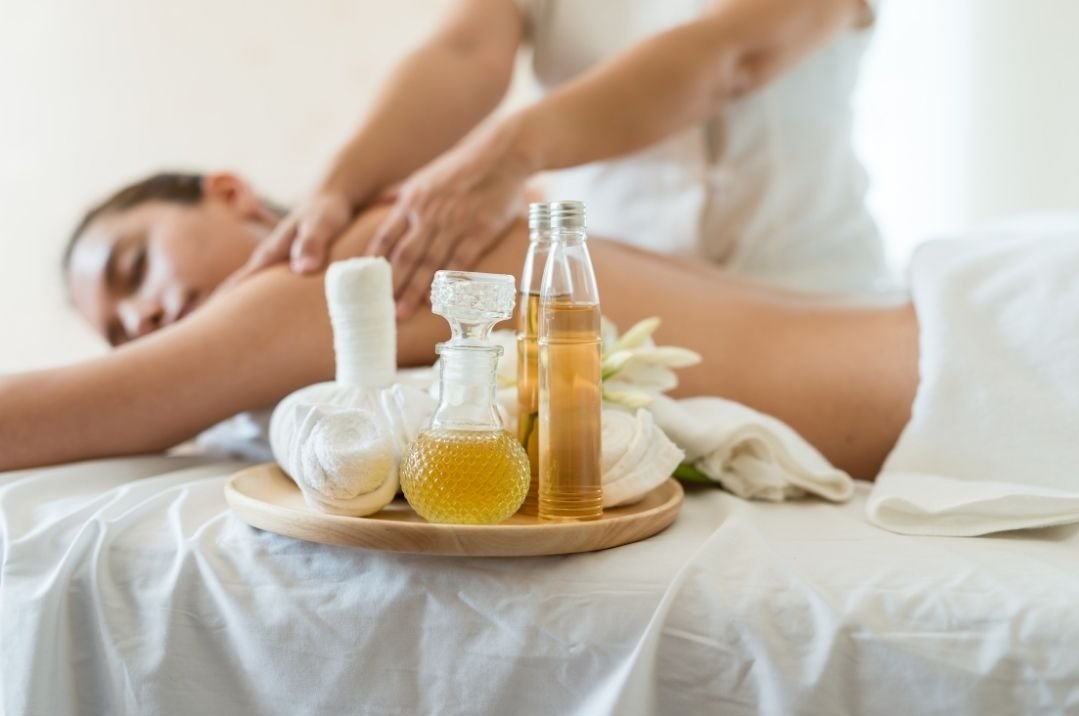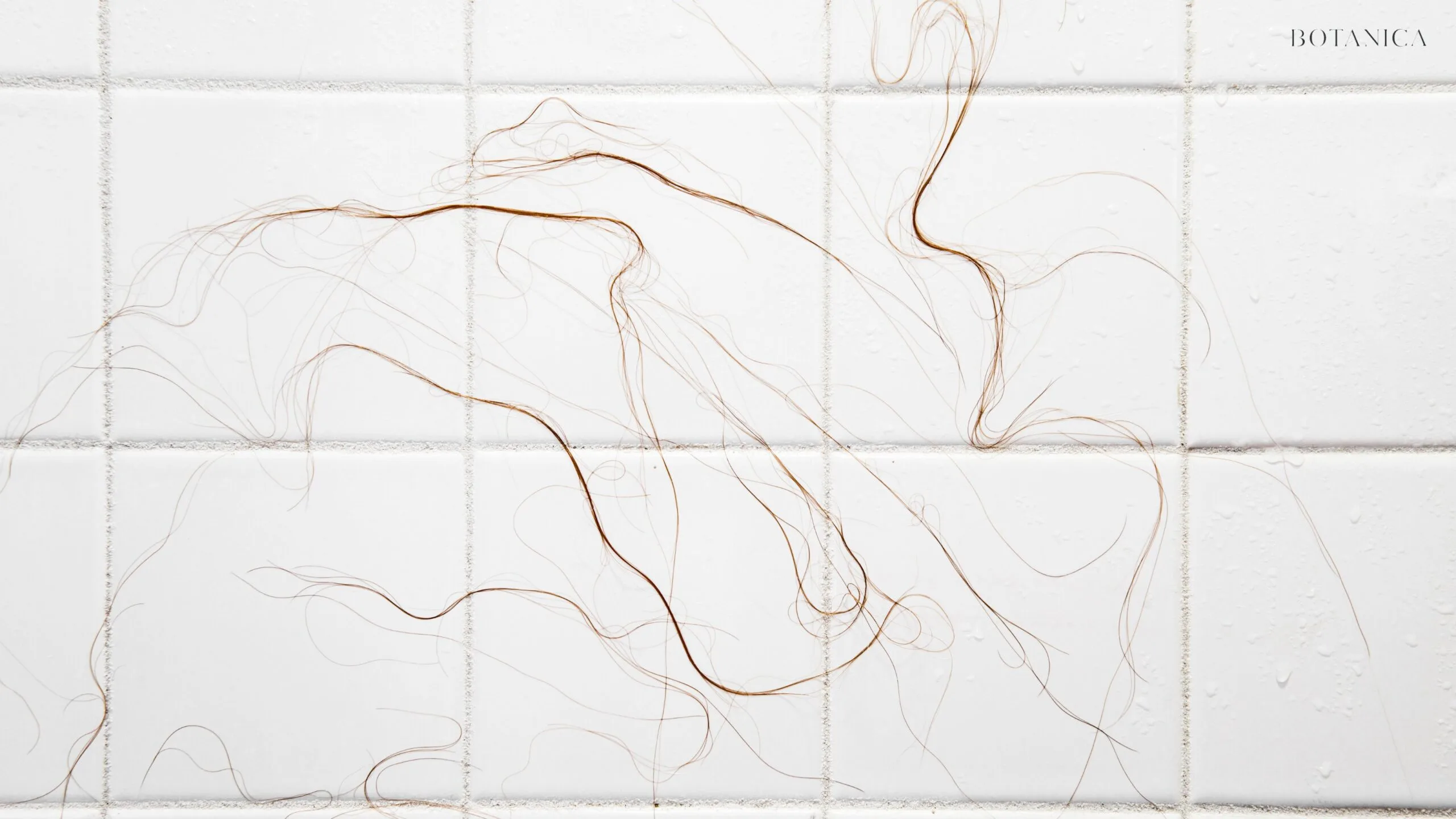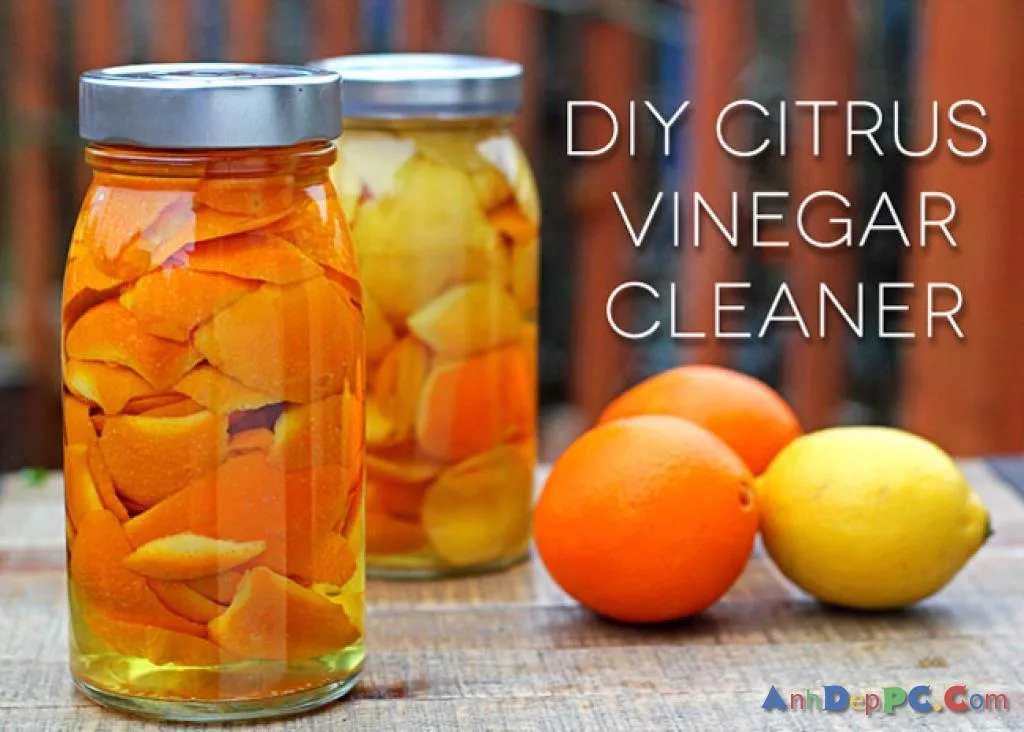
Oils vs Essential Oils: What the Difference?
I wish the plant alchemists who coined the term “essential oil” in the Middle Ages would’ve paused to consider just how much confusion they’d cause for future skincare enthusiasts. Back then, “essential” meant “of the essence” — and therefore, an essential oil was one extracted from a pure, whole plant. But in this century, “essential” is most often used as a marketing term; as in, “This face oil is essential to your routine.” Nope, not the same thing. In an effort to clear the confusion around regular oils vs. essential oils, let’s go over the terms in the here and now.
What are Essential Oils?
Essential oils are a concentrated mixture of natural, volatile, and aromatic compounds obtained from plant material — flowers, buds, seeds, leaves, twigs, bark, herbs, wood, fruit, and roots. Essential oils are typically created by steam-distilling the entire plant into a concentrated liquid. They also sometimes are made by cold-pressing the plant — think of peeling an orange and the little droplets that emerge when you bend the peel. With woodsy oils like frankincense, they dry the sap, also known as resin, and then steam that so it becomes a liquid.
To make things even harder to understand, this concentrated liquid doesn’t usually feel like oil — essential oils are pretty watery, in fact. They don’t “sink” into the skin like face oils, either; instead, they evaporate quickly. It makes me feel like ‘essential oil’ is a bit of a misnomer. I like to think of them as pure plant extracts. You can even liken them to herbs and spices: Basically, essential oils are the liquid form of a group of plants, and they vary wildly in usage, function, and characteristics — just like curry powder is super different from basil.
In the same way you don’t consume a spice on its own, you don’t use an essential oil on its own, either. These extracts are potent and need to be combined with a “carrier oil,” or a thicker oil that doesn’t evaporate easily, before use. Essential oils are almost always diluted by mixing them into something. They’re called ‘carriers’ because they carry the essential oils onto the skin. So, if skincare was soup (stick with me here) essential oils would be the spices and carrier oils would be the broth.
Defining Carrier Oils
Carrier oils are also referred to as “plant oils” or even just “oils,” for short. Plant oils are fats taken from plants — usually from plants’ seeds, nuts, or kernels. They generally contain components such as fat-soluble vitamins, minerals, antioxidants, and other nutrients that nourish the skin, so they are quite beneficial in their own right.
They differ from essential oils in so many ways, but three of the biggest are fragrance, feel, and effect. Carrier oils do not contain a concentrated aroma like essential oils — though some may have a mild distinctive smell, like fresh virgin organic coconut oil. Carrier oils also have a more ‘fixed’ state, meaning that they stay on the skin while essential oils evaporate quite easily.
As such, all plant oils basically have one common goal: to support the skin’s barrier, which is (not coincidentally) made up of many of the same lipids found in plant oils. Essential oils, on the other hand, provide therapeutic benefits specific to each plant — and powerful therapeutic benefits at that, hence the need for dilution. So you need a carrier oil to use an essential oil in most cases, but you do not need an essential oil to use a carrier oil.
Examples of essential oils commonly used in the skincare space would be lavender, frankincense, rose geranium, bergamot, and tea tree. (All of which have aromatherapeutic benefits, too. Inhaling frankincense, for example, has been shown to ease anxiety.) Tea tree oil, if properly diluted, can be helpful with acne. Popular carrier oils include almond oil, avocado oil, jojoba oil (although jojoba oil is technically a “wax ester” pressed from jojoba seeds), olive oil, castor oil, and rosehip oil.
Here’s where a lot of misinformation starts: Some plants, like rose, are used to produce both essential oils and carrier oils. Rose essential oil is distilled from the entire plant, while rosehip oil (a carrier oil) is pressed from rosehips, the fruit of the rose plant. How are you supposed to know which is which? If you’re not able to touch and smell each oil that piques your curiosity in person — essential oils will be watery and fragrant, carrier oils will be thick and mild — scan the product description for some keywords. Reputable essential oil companies will say on the bottle ‘100 percent pure essential oil. If it doesn’t say that, it’s not an essential oil.
Another telltale sign? Essential oil bottles are typically tiny (you only need a drop or two at a time), and carrier oil bottles are bigger.
How to Use Essential Oils
The final piece of confusion to clear up, then, is the safety of essential oils. There’s a lot of debate about their place in skincare: Some enthusiasts swear by them for everything from brightening hyperpigmentation (thanks, frankincense!) to killing acne-causing bacteria (that’s all tea tree), while others warn against their potentially irritating effects. I feel sad when I hear people say things like ‘essential oils are known irritants,’ because the same is true of so many amazing skincare ingredients — look at retinol. Retinol would be a disaster if we applied it to our skin in its pure form, but instead, we understand that it needs to be a specific, very low concentration in order to do its job without damaging our skin. Essential oils require the same thoughtful formulation and careful application.
Over the past 20 years, owning a day spa has given me experience with learning amazing beauty and skin benefits with the correct use of essential oils. I think sensitivities to these oils pop up when the formulator is not experienced in using them, or choose ones that are great in aromatherapy but are not good for skincare, or buy products from manufacturers who do not know how to source, store and carefully introduce essential oils into the production process. For this reason, it’s probably best for beginners to buy pre-mixed products from reputable sources, rather than experiment with essential oil DIYs.
We carry essential oils in Botanica’s boutique, so if you want to buy the right kind for either diffusers or for a little pick me up during the day – or even as part of your skincare routine, then come on in! One of our wonderful and knowledgeable staff will help you figure out which one is right for your needs. We also start out most massages or facials with aromatherapy to help you relax, unwind, and relieve all that stress pent up inside!
Call Botanica Day Spa at 727-441-1711 today!
Love,
Gen



Leave a Reply